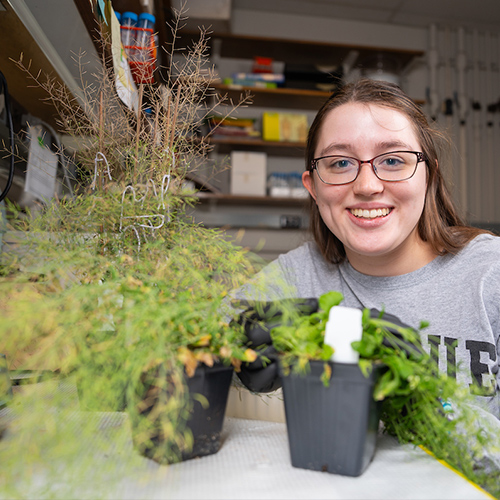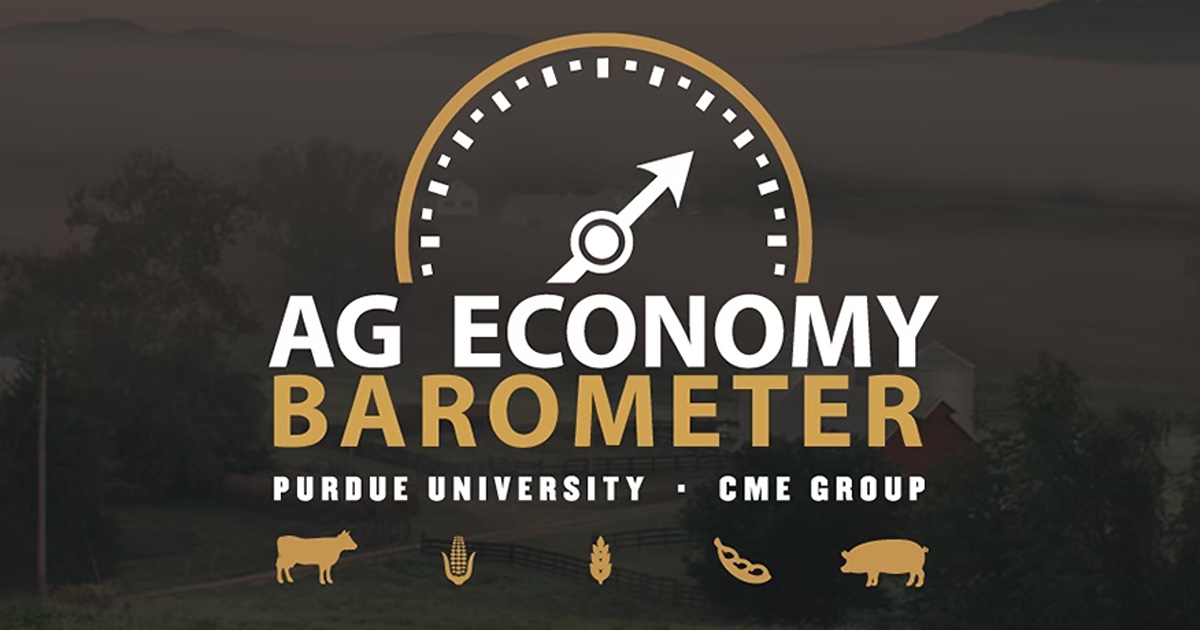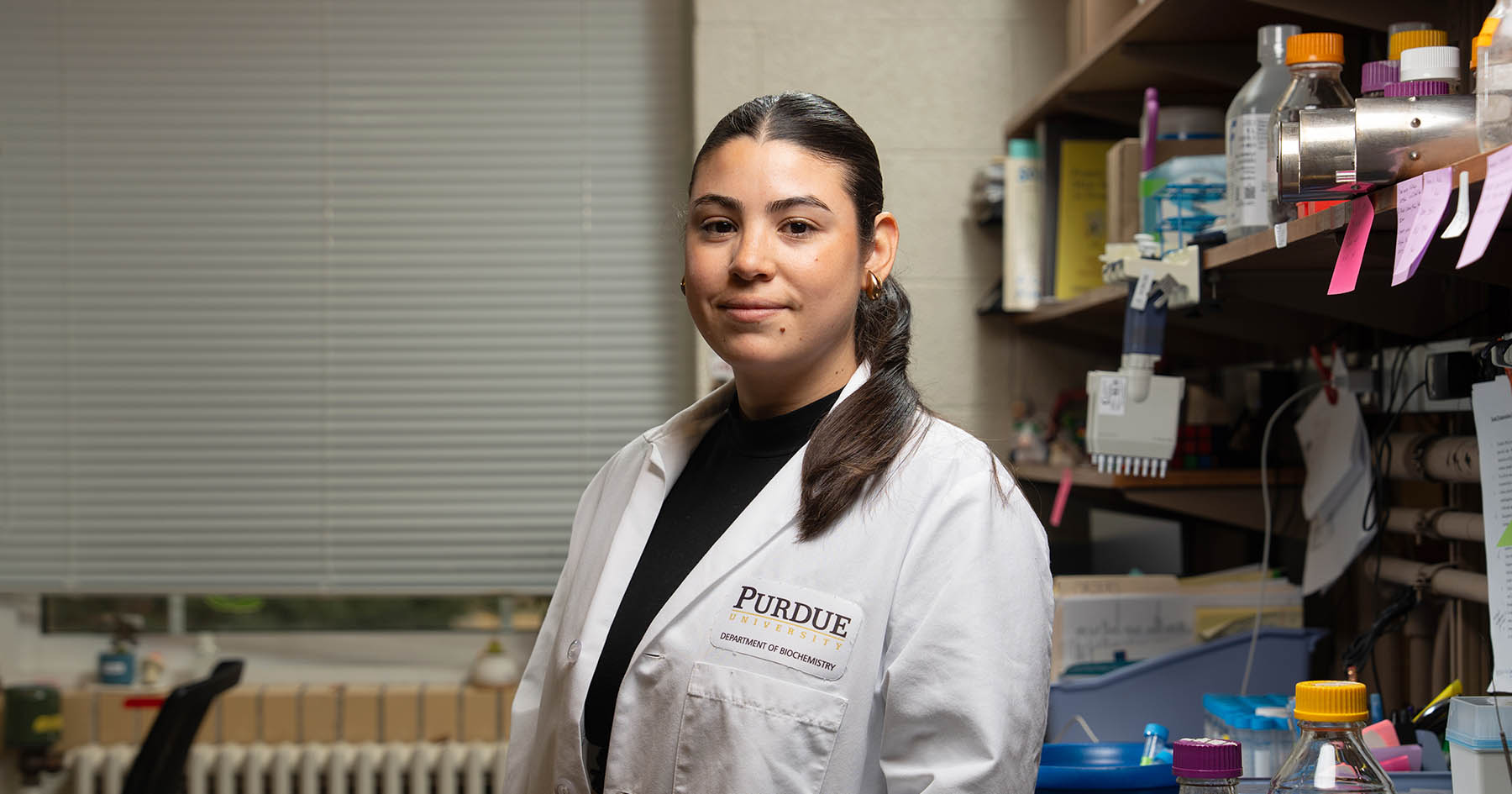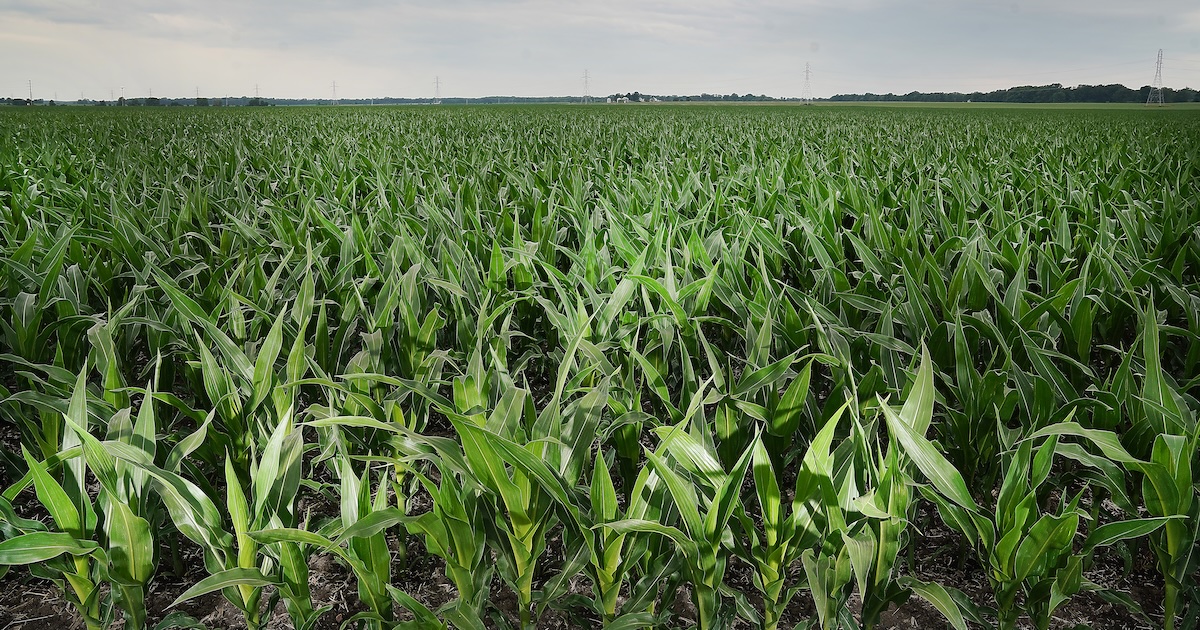Nematology
The Purdue Nematode Diagnostic Laboratory is closed.
Please join us in welcoming Dr. Lei Zhang as our new Nematologist at Purdue University (Find Dr. Zhang's lab here!). Dr. Zhang is an Assistant Professor of Nematology at Purdue University, with a joint appointment between Department of Botany & Plant Pathology and Department of Entomology. Dr. Zhang received his PhD in Molecular Plant Sciences at Washington State University (WSU) and then conducted postdoctoral research on plant-parasitic nematodes at North Carolina State University and WSU. Dr. Zhang’s research program at Purdue will focus on studying plant-parasitic nematodes causing serious crop yield losses in Indiana, including soybean cyst nematode and root-knot nematodes. Dr. Zhang’s interest includes basic research on molecular plant-nematode interactions, and translational research on nematode management and diagnostics. The overarching goal of research is to develop effective and sustainable tactics for nematode control in agriculture.
Many people are familiar with animal parasitic nematodes such as Ascaris and Trichinella because they are relatively large and easily visible. Other kinds of nematodes parasitize insects and are used in management of insect pests. Most plant parasitic nematodes however, are not visible with a naked eye and require special equipment and training for their recognition. Plant parasitic nematodes may be categorized based on their feeding behavior and their hosts. Most plant parasitic nematodes feed on root systems of plants while a few are able to feed on the above ground parts. Some nematodes can cause significant economic losses without any visible symptoms on the plants. Some nematodes, e.g., root knot nematodes, have broad host ranges and are widespread around the world, whereas others, like soybean cyst nematode, are relatively host specific. In Indiana, soybean cyst nematode is the most important plant-parasitic nematode in soybean, root-knot nematodes are serious pests of tomato and melons, and needle nematode is problematic in corn.
We are NOT taking any more soil samples. Here are some laboratories in the NC Region that offer testing.
Featured Story
Featured Story

My biggest draw to Purdue was getting into research early with a supportive mentor, but my biggest takeaway has been my passion for teaching science.
Read More



